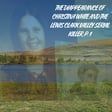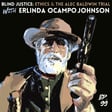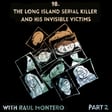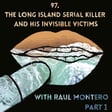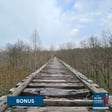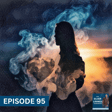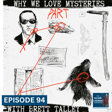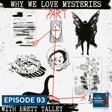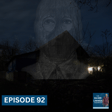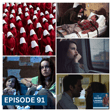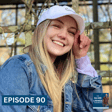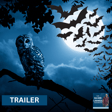
96. Advancing Indigenous Causes on the Alaskan Mountains and Shores with Kendra Kloster
Kendra Closter is the director for government relations at the Alaska Federation of Natives and the former co-director for Law and Policy at the Alaska Native Women's Resource Center, an organization dedicated to strengthening local, state, and tribal government responses to the needs of Native women and children in their communities and their homes.
In this episode, we talk about Native communities and some of the beauties and challenges they face, efforts to strengthen the relationship between Natives and others, the power of law, policy, partnerships, and some of the unique difficulties and beauties for Native Alaskans, and some of those triumphs. Some of which might be able to be emulated everywhere where Indigenous cultures are trying to protect their ways of life, be healthy and be safe.
Alaska Federation of Natives:
https://nativefederation.org/
Alaska Native Women's Resource Center:
https://www.aknwrc.org
Check out the Silver Linings Handbook website at:
https://silverliningshandbook.com/
Join our Facebook Group at:
https://www.facebook.com/groups/1361159947820623
Check out our Patreon to support the show at:
https://www.patreon.com/thesilverliningshandbook
Visit the Silver Linings Handbook store to support the podcast at:
https://www.bonfire.com/store/the-silver-linings-handbook-podcast-store/




